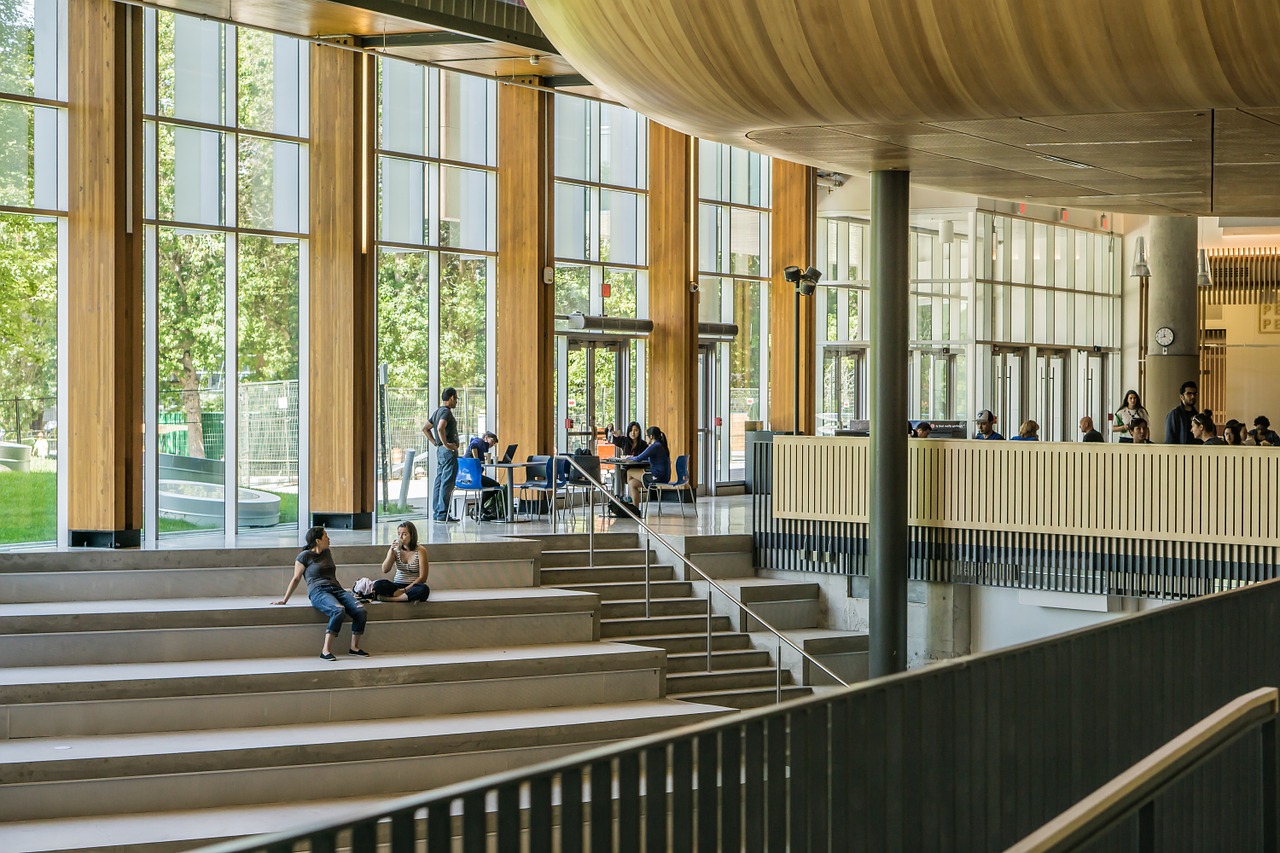The overall level of student loan debt in the United States is high. Many people have relied on these loans without thinking about the long-term effect on their credit. While the potential effects of these loans on your credit are not necessarily a reason to avoid them, understanding the ramifications upfront can help you to plan for optimal financial health throughout your life. The reality is that student loans will likely have a significant effect on your finances and your credit for decades after you graduate, so it is critical that you understand their impact. Importantly, you may be able to put yourself in a better credit position due to your student loans provided that you plan adequately.
How Student Loans Are Factored into Your Credit Score
For the purposes of your credit score, student loans are considered installment loans. Home mortgages and auto loans also fall in this category. Installment loans start with a given balance that is repaid over time through a fixed number of payments. Installment loans are treated the same way when it comes to calculating your credit score. In other words, student loans do not get any sort of special consideration or fall into their own category. Furthermore, it does not matter whether your student loans are private or federal. All loans are reported to credit agencies in the same way.
Importantly, student loans do not necessarily affect your credit score by themselves. Debt usage, or the credit utilization ratio, refers to how much debt you have accumulated in comparison to the credit available. While this number makes up 30 percent of your credit score, it only takes revolving credit, such as a credit card, into account. Thus, having $50,000 of credit card debt will have a much bigger impact on your credit score than having $50,000 in student loan debt. People with more than $50,000 in student loan debt can still have a credit scores in the 800s if the rest of the factors taken into account look favorable.
The Potential Downsides of Student Loans
At the same time, having a large student loan burden can affect your debt-to-income ratio. Lenders often look at this ratio when they are determining whether or not they can approve you for a loan. The ratio looks at the amount you make in comparison to the debt that you need to pay off each month. Having a large student loan payment increases this ratio and could make it more difficult to get approved for certain loans, such as a mortgage. However, this is not set in stone. Often, lenders and credit agencies are more concerned about the payments themselves than the size of your student loan balance. In other words, you need to keep up with your student loan payments faithfully in order to maintain a good credit score.
Credit agencies care a lot about your payment history. In fact, it is the most important factor influencing your credit score. A single late payment can cause your credit score to drop significantly. This is the primary aspect to keep in mind with student loan payments. If you fall behind or fail to make your payments in full, your credit score will drop. The amount that your score could drop with even a single late payment depends on several factors, including where your score stands now. If you have an excellent score, you would likely lose more than double the number of points as someone with a fair to bad score. For this reason, it is important to talk to student loan companies and figure out a solution if you will not be able to make a payment. These solutions could include different repayment plans or a temporary reprieve like a forbearance.
What would hurt your credit score the most in terms of student loans is defaulting. Loans in default or that go to collections will cause your credit score to drop a lot. Typically, delinquencies begin to show up on your credit report after 30 days of being late on a private loan. For federal loans, reporting does not happen until after 90 days of delinquency. Always try to figure out a solution with your lender to avoid getting stuck in a bad situation and watching your credit score decline.
The Potential Benefits of Student Loans to Consider
Student loans can also help to improve your credit score. Credit agencies take your credit mix into account when calculating your score, and having both installment loans and revolving loans on your report will improve it. While the boost is generally quite modest, this can help younger people who may not have other types of installment loans yet. For this reason, some people actually see a slight drop in their credit score once they pay off their student debt in full. However, you should not avoid paying off these loans to maintain your credit mix.
Another beneficial aspect of student loans is that they can lengthen your credit history. Again, this is a small contribution to your credit score, but it can help to boost it a little bit. While a long credit history can help to boost your score, it is still important to pay off your loan as soon as possible.

